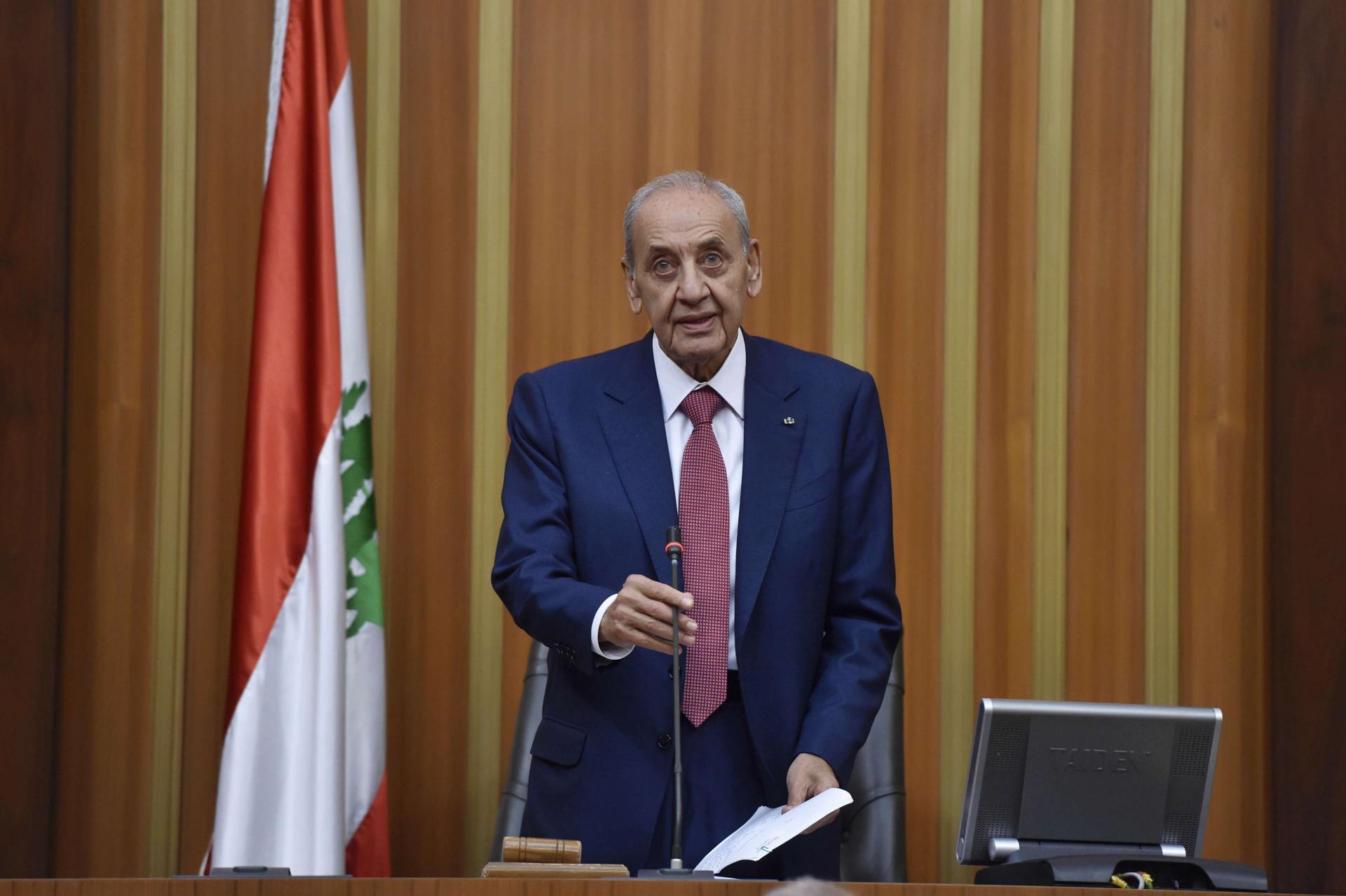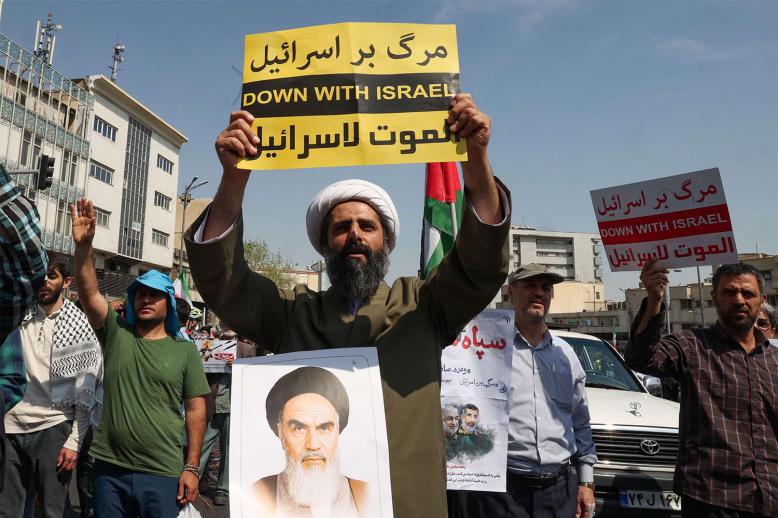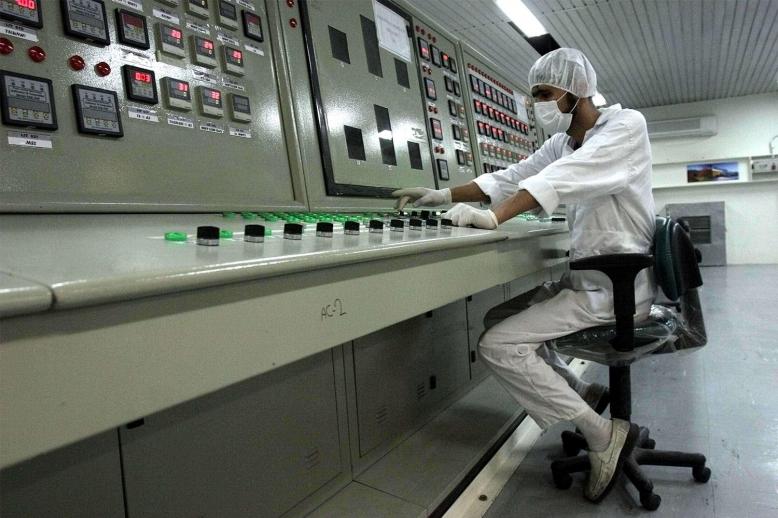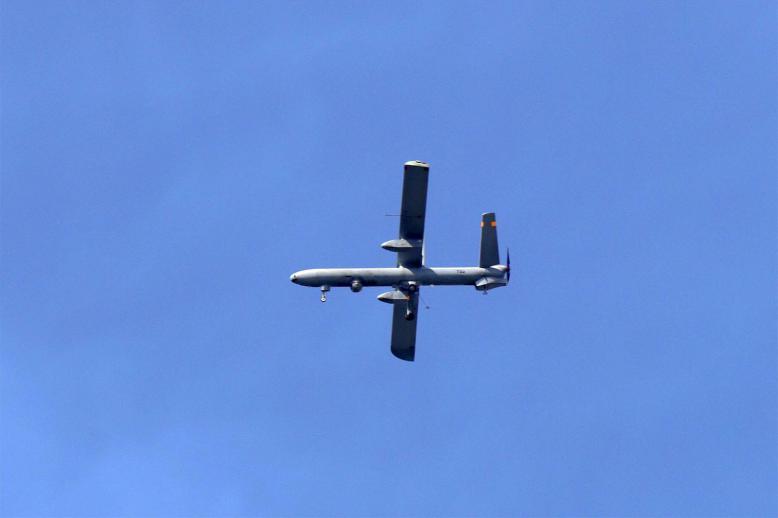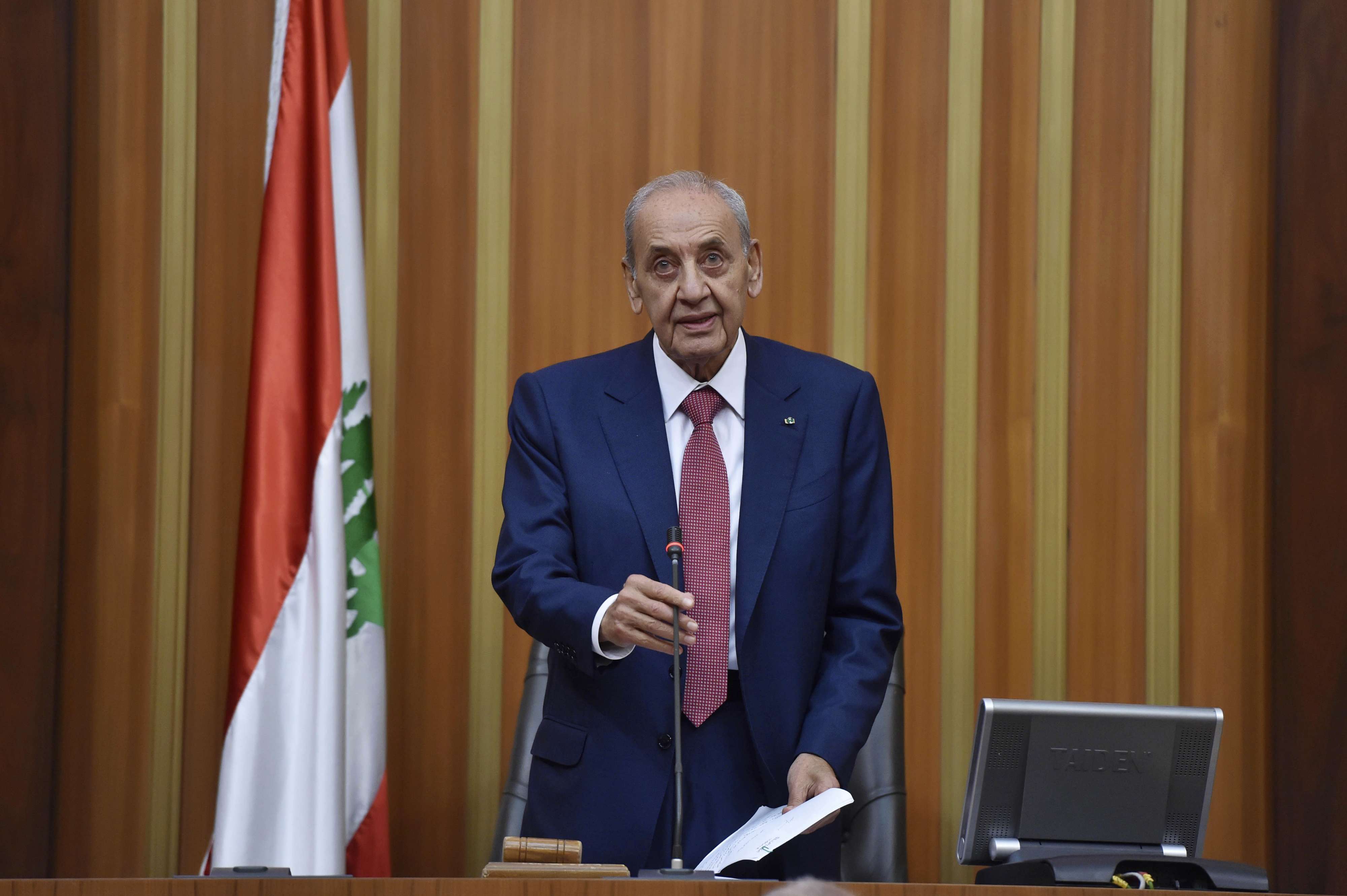Hezbollah ally Berri reelected speaker of Lebanese parliament
BEIRUT - Lebanon's new parliament on Wednesday elected veteran speaker and Hezbollah ally Nabih Berri to a sixth consecutive term, making him one of the longest-serving parliamentary heads in the world.
His election followed the country's May 6 parliamentary poll, the first in nine years after the deeply divided legislature repeatedly extended its own term.
On Wednesday, the body met for its inaugural session to elect its speaker to a four-year term.
Few expected any surprises: the only candidate was incumbent Berri, a savvy politician from the country's south who has held the position since 1992.
The vote by paper ballot saw 98 of the parliament's 128 members pick Berri. One vote was disqualified and the rest were blank.
Berri, 80, heads the Amal Movement. It and powerful Shiite movement Hezbollah hold all but one of the 27 Shiite-allocated seats in Lebanon's parliament.
Lebanon's confessional system divides seats in parliament equally among Muslims and Christians, then further splits them among the various sects.
The speakership is reserved for a Shiite Muslim, while the other two top positions of prime minister and president go to a Sunni Muslim and Maronite Christian, respectively.
Born in 1938, Berri rose to power as a militia boss in the civil war (1975-1990) before transitioning to politics.
He was simultaneously elected member and speaker of parliament in 1992. In his official role he calls and runs Lebanon's parliamentary sessions.
- A 'bulwark' -
On Wednesday, parliamentarians submitted anonymous paper ballots which were then read out loud. Berri's name was read 98 times, and "blank" was read 30 times.
First-time parliamentarian Paula Yacoubian, a journalist who is close to Prime Minister Saad Hariri but ran as an independent, objected.
She said she had voted for Lebanese director Nadine Labaki, who won the Jury prize at the Cannes film festival at the weekend, but her name was not read out.
Yacoubian's vote was subsequently disqualified.
After his election Wednesday, Berri addressed legislators by saying "thank you" six times, in reference to his sixth term.
He pledged bills on major legislative issues, notably on potential maritime oil and gas reserves.
Beirut in February signed its first deal to drill in a pair of offshore zones, including one disputed between Lebanon and its southern neighbour Israel.
"Parliament will be a bulwark for the country's sovereign land and maritime borders -- a national response by the state, army, people, and resistance to Israel's aggressions and violations," Berri said.
He suggested draft laws on establishing a sovereign wealth fund and national oil company.
- Talks on next PM -
After the session, Berri headed to a meeting with Lebanese President Michel Aoun at the latter's palace in Baabda, east of Beirut.
A statement by the presidency's office after the meeting said Aoun would begin consultations with lawmakers on Thursday to name the next prime minister.
In Lebanon, the president asks parliamentarians for their nominations for the premier, who then forms a cabinet.
Current PM Hariri is expected to be named for a third term, after a strange episode last year saw him resign in Saudi Arabia before rescinding the decision.
The new parliament on Wednesday also elected Elie Ferzli, 68, as deputy speaker, a post allocated to a Greek Orthodox Christian.
Ferzli, who hails from the eastern city of Zahleh, served as deputy speaker from 1992 to 2004 and is also a close ally of Hezbollah and Syria's government.
The long delay preceding this month's parliamentary elections was blamed on political divisions, the war in neighbouring Syria and an unsatisfactory voting law.
After years of debate, the 2009-era parliament agreed last year on a new electoral system that introduced more proportional elements and allowed diaspora members to vote abroad for the first time.

